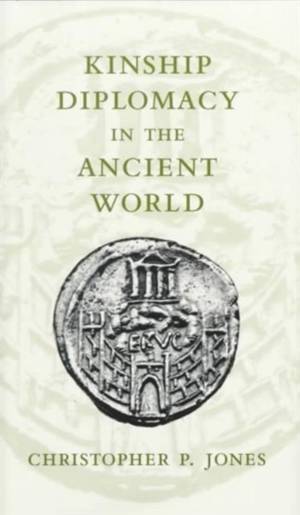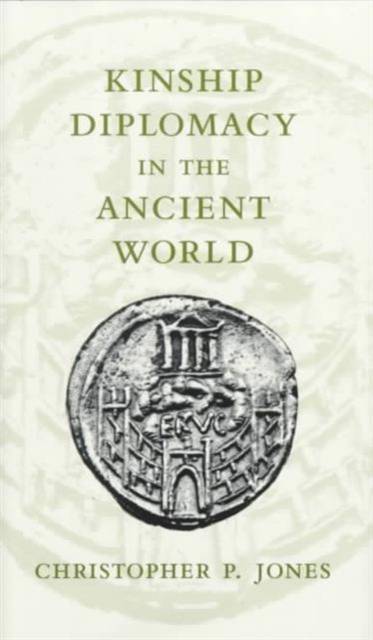
- Afhalen na 1 uur in een winkel met voorraad
- Gratis thuislevering in België vanaf € 30
- Ruim aanbod met 7 miljoen producten
- Afhalen na 1 uur in een winkel met voorraad
- Gratis thuislevering in België vanaf € 30
- Ruim aanbod met 7 miljoen producten
Omschrijving
Heroic figures such as Heracles, Perseus, and Jason were seen by the Greeks not as mythical figures but as real people who in a bygone age traveled the world, settled new lands, and left descendants who, generation after generation, could trace their ancestry back to the "time of heroes." From the Homeric age to Byzantium, peoples and nations sharing the same fictive ancestry appealed to their kinship when forging military alliances, settling disputes, or negotiating trade connections. In this intriguing study of the political uses of perceived kinship, Christopher Jones gives us an unparalleled view of mythic belief in action.
Throughout the centuries of Greek preeminence, the Roman Republic and Empire, and into the early Christian era, examples of kinship diplomacy abound. Ancient historians report, for instance, that when the forces of Alexander the Great reached what is now southern Pakistan they encountered a people called the Siboi, whom they judged to be descendants of Heracles. Since Alexander was himself a descendant of the same hero, the invading Macedonians and the Siboi were clearly kinsmen and so parted in peace. Examining the very origins of ancient diplomacy, and kinship as one of its basic constituents, Kinship Diplomacy addresses fundamental questions about communal and national identity and sheds new light on the force of Greek mythic traditions.Specificaties
Betrokkenen
- Auteur(s):
- Uitgeverij:
Inhoud
- Aantal bladzijden:
- 208
- Taal:
- Engels
- Reeks:
- Reeksnummer:
- nr. 12
Eigenschappen
- Productcode (EAN):
- 9780674505278
- Verschijningsdatum:
- 1/06/1999
- Uitvoering:
- Hardcover
- Formaat:
- Genaaid
- Afmetingen:
- 139 mm x 230 mm
- Gewicht:
- 340 g

Alleen bij Standaard Boekhandel
Beoordelingen
We publiceren alleen reviews die voldoen aan de voorwaarden voor reviews. Bekijk onze voorwaarden voor reviews.











